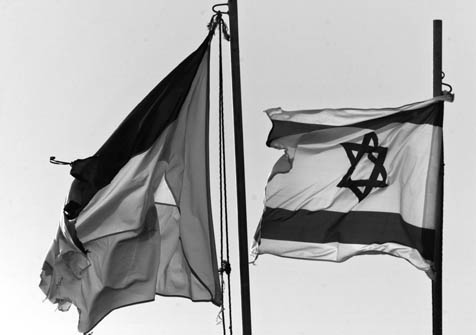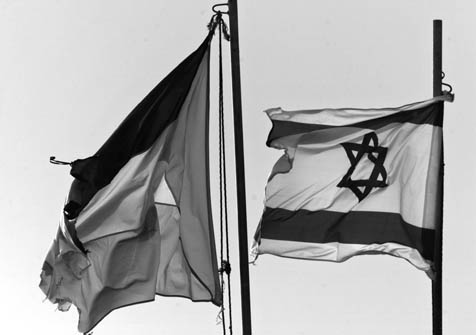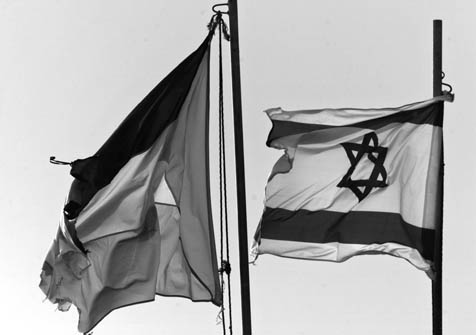 So far, Fayyad’s strategy is succeeding. His administration has started more than one thousand development projects, which include paving roads, planting trees, digging wells, and constructing new buildings, most prominently in the twin cities of Ramallah and al-Bireh. He has reduced dependence on foreign aid and started to carry out plans to build new hospitals, classrooms, courthouses, industrial parks, housing, and even a new city, Rawabi, between Ramallah and Nablus. But “reforming the security forces,” Ghassan Khatib, a spokesman for the Palestinian Authority, told me, “is the main and integral part of the Fayyad plan. Many of the government’s other successes, such as economic growth, came as a result.”
So far, Fayyad’s strategy is succeeding. His administration has started more than one thousand development projects, which include paving roads, planting trees, digging wells, and constructing new buildings, most prominently in the twin cities of Ramallah and al-Bireh. He has reduced dependence on foreign aid and started to carry out plans to build new hospitals, classrooms, courthouses, industrial parks, housing, and even a new city, Rawabi, between Ramallah and Nablus. But “reforming the security forces,” Ghassan Khatib, a spokesman for the Palestinian Authority, told me, “is the main and integral part of the Fayyad plan. Many of the government’s other successes, such as economic growth, came as a result.”
To its citizens, Fayyad’s government has presented reform of the police and other security forces as principally a matter of providing law and order—apprehending criminal gangs, consolidating competing security services, forbidding public displays of weapons, and locating stolen cars. But its program for “counterterrorism”—which is directed mainly against Hamas and viewed by many Palestinians as collaboration with Israel—is its most important element: targeting Hamas members and suspected sympathizers is intended to reduce the likelihood of a West Bank takeover and, as important, helps Fayyad make a plausible case that he is in control and that Israel can safely withdraw from the territory.
Click to read more ...

 Thursday, September 30, 2010 at 5:09
Thursday, September 30, 2010 at 5:09






